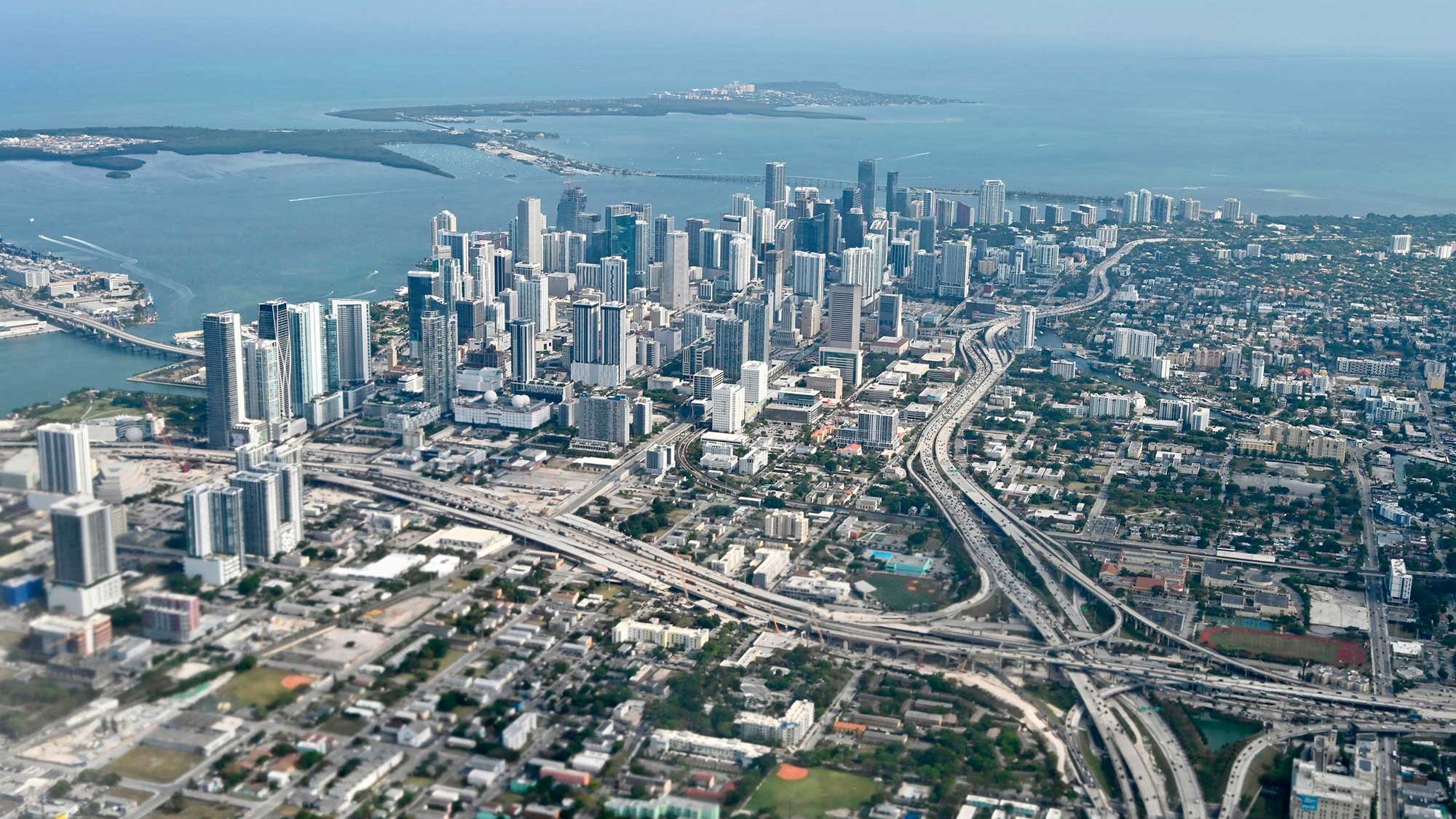(Trends Wide Spanish) — Since July 1, when Law SB 1718 came into force in Florida, which the same state authorities describe as the “toughest” legislation against illegal immigration in the United States, concern has gripped the undocumented population.
Faced with uncertainty, some made the decision to leave the state. Others stayed, but with fear of the unknown and doubts about what might happen to them if they are detained by the authorities.
Deportation, they say, is the biggest fear that this community has to live with on a daily basis. Being separated from their loved ones, being sent back to a country that in many cases they hardly even know anymore, and having to leave everything and everyone behind, is what worries them the most.
This state law, among other things, requires some hospitals to request information on the immigration status of patients in admission records, penalizes anyone who transports someone who has entered the country illegally, and requires companies with at least 25 employees verify the immigration status of their workers in a federal database called e-verify.
Another key point of the law is the one that has to do with driver’s licenses issued by other states to undocumented immigrants, which will not be allowed in Florida.
This week, the Florida Department of Highway Safety and Motor Vehicles (FLHSMV) released a first list of five states and the specific types of licenses that are not allowed, though according to the National Conference of State Legislatures 19 states and The District of Columbia have passed laws that allow the undocumented to obtain driver’s licenses like those that are no longer accepted in Florida.
The five states on Florida’s initial list are Connecticut, Delaware, Hawaii, Rhode Island and Vermont; and the types of licenses from those states that are now invalid include language like “not for federal identification” or “driving privilege card.”
This is the list:
Connecticut
Connecticut issues a “driver only” license that is designed specifically for undocumented individuals who are 16 years of age or older and unable to establish a lawful presence in the United States. Such license is not valid for federal identification purposes and cannot be used to vote.
Delaware
In June 2015, Senate Bill 59 was passed authorizing and allowing the Delaware Division of Motor Vehicles (DMV) to issue a Driving Privilege Card (DPC) to undocumented Delaware residents of any nationality.
The DPC is not considered a valid form of identification, it is valid for 4 years and the card will have a distinctive phrase that says:
“Driving privilege only” and “Not valid for identification.”
Hawai
As of January 2016, in Hawaii you can apply for a Limited Purpose Instruction Permit, Limited Purpose Provisional Driver’s License, or Limited Purpose Driver’s License.
These cards do not require documentary proof of legal presence and/or proof of a social security number. The term “lawful presence” is defined as a person who is a citizen of the United States or who is legally authorized to be in the United States.
These licenses are issued to operate a motor vehicle on public roads, are not accepted for official federal purposes, and do not establish eligibility for employment, voter registration, or public benefits.
Rhode Island
Rhode Island-issued Driver Privilege cards have been available since July to individuals unable to establish a lawful presence in the United States, but who are Rhode Island residents who filed a Rhode Island personal income tax return within the year previous taxpayer or who has been claimed as a dependent of one.
Vermont
The Vermont-issued Driver Privilege card is a non-Real ID license or permit that is available to any resident of the state.
Issuance of the Driving Privilege Card (DPC) does not require proof of legal presence or US citizenship.
It has written on the front: Driver Privilege Card, Junior Driver Privilege Card, Learner Privilege Card, or Non-Driver Identification Card.
It is valid for 2 to 4 years after its issuance.
Governor Ron DeSantis justifies the law in light of what he sees as the growing threat posed by illegal immigration as a result, he says, of the federal government’s failure to ensure security on the country’s southern border.








